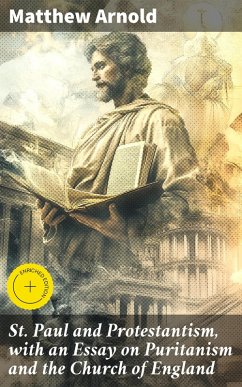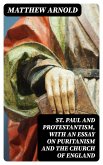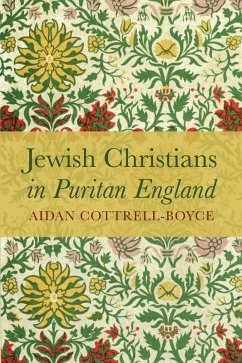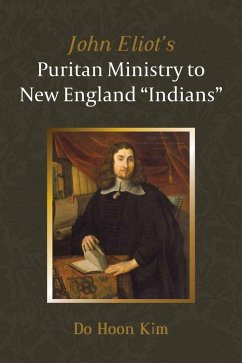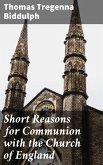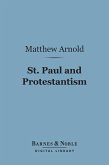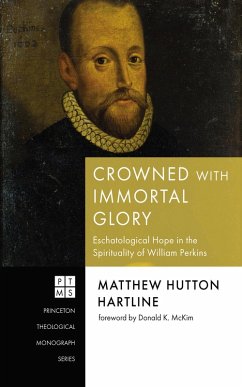In "St. Paul and Protestantism, with an Essay on Puritanism and the Church of England," Matthew Arnold deftly navigates the theological landscape of 19th-century Britain, examining the nuanced interplay between early Christian thought and contemporary Protestantism. Arnold's literary style is characterized by its eloquent prose and rigorous argumentation, blending historical analysis with a reflective critique of religious practices. He articulates the dissonance between the spiritual essence of St. Paul's teachings and the institutional rigidities of Puritanism and Anglicanism, offering both a celebration of spiritual authenticity and a cautionary critique of dogmatism. Matthew Arnold, a prominent Victorian poet and cultural critic, was deeply influenced by the sociopolitical currents of his time, including the rise of secularism and the challenges posed to traditional faith. His educational background, particularly at Oxford, cemented his appreciation for classical thought, which he sought to reconcile with modern religious experience. Arnold's own struggles with faith and his commitment to literary and moral truth profoundly shaped the themes of inquiry and exploration found in this work. For those interested in the intersections of literature, theology, and cultural history, Arnold's "St. Paul and Protestantism" serves as an essential text. It challenges readers to reconsider the foundations of their beliefs and the implications of religious tradition on modernity. This book is a vital contribution for anyone seeking to engage with the complexities of faith in a rapidly changing world.
Dieser Download kann aus rechtlichen Gründen nur mit Rechnungsadresse in A, B, BG, CY, CZ, D, DK, EW, E, FIN, F, GR, H, IRL, I, LT, L, LR, M, NL, PL, P, R, S, SLO, SK ausgeliefert werden.

